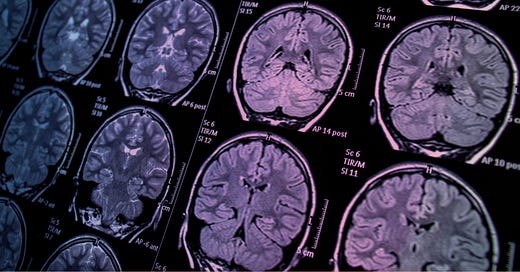Many if not all have heard the term Neurodivergent, but what does it actually mean?
‘Neurodivergent’ is not an actual medical term. In the medical field there is no direct definition for a normal condition, especially when it comes to the brain, so people who are considered ‘normal’ are labelled as Neurotypical to differentiate from people whose neuro pathways work differently. These people are actually considered Neurodivergent.
In terms of structure, a neurodivergent brain first develops much faster and have a bigger volume and surface area of brain than a neurotypical brain, some neurodivergent people even have their brain start to shrink to a more normal size in their mid 20s. Other parts of the brain (dependent on the diagnosis that the person has) such as the Prefrontal Cortex, Limbic system, Basal Ganglia, and the Reticular Activating system that manage things like fight or flight reflex, sleep cycle, and the brains focus, all differ in structure, strength, and size, in a non neurotypical person’s brain.
Being Neurodivergent, in most cases that are not severe, is not considered a disability. Some conditions are considered as such but only very severe ones as the definition of the word Neurodivergent refers to anything not neurotypical. In addition, most cases of what is called “Neurodivergent” like ADHD or autism just require assistance with tasks while a disability is when a person can not preform a task at all. Which is the reason it is associated with people who have struggles with completing tasks due to the environment or anything they can not directly control.
In conclusion, the term Neurodivergent can incorporate a wide spread of conditions and be used in very broad ways, just to separate a ‘normal’ brain, from an ‘abnormal’ one.
References:
https://my.clevelandclinic.org/health/symptoms/23154-neurodivergent
https://www.choosingtherapy.com/adhd-brain-vs-normal-brain/
https://www.thetransmitter.org/spectrum/brain-structure-changes-in-autism-explained/
Banner image from:
https://www.templeton.org/news/what-can-brain-scans-really-tell-us



